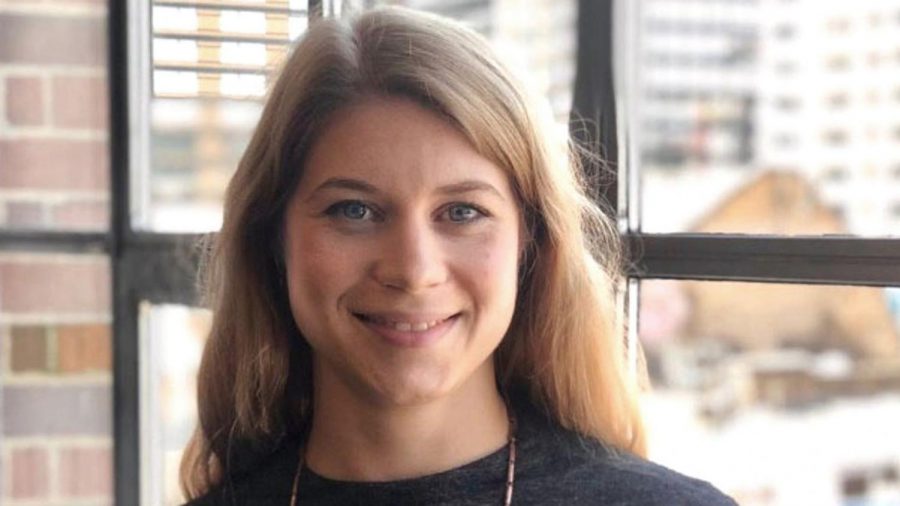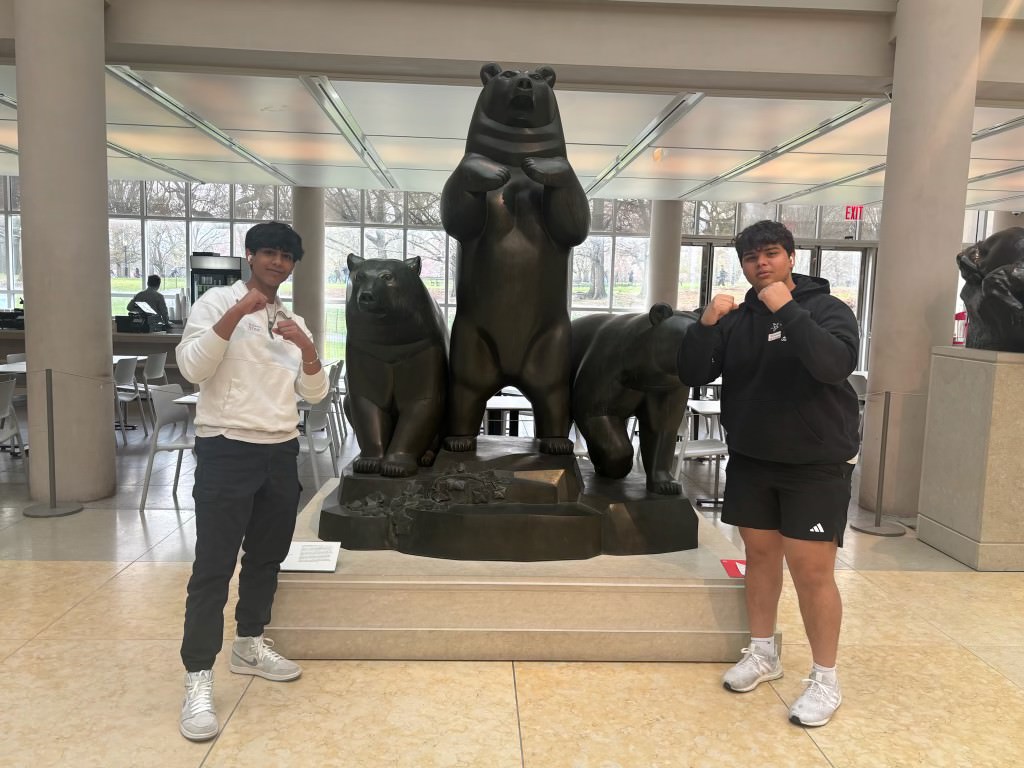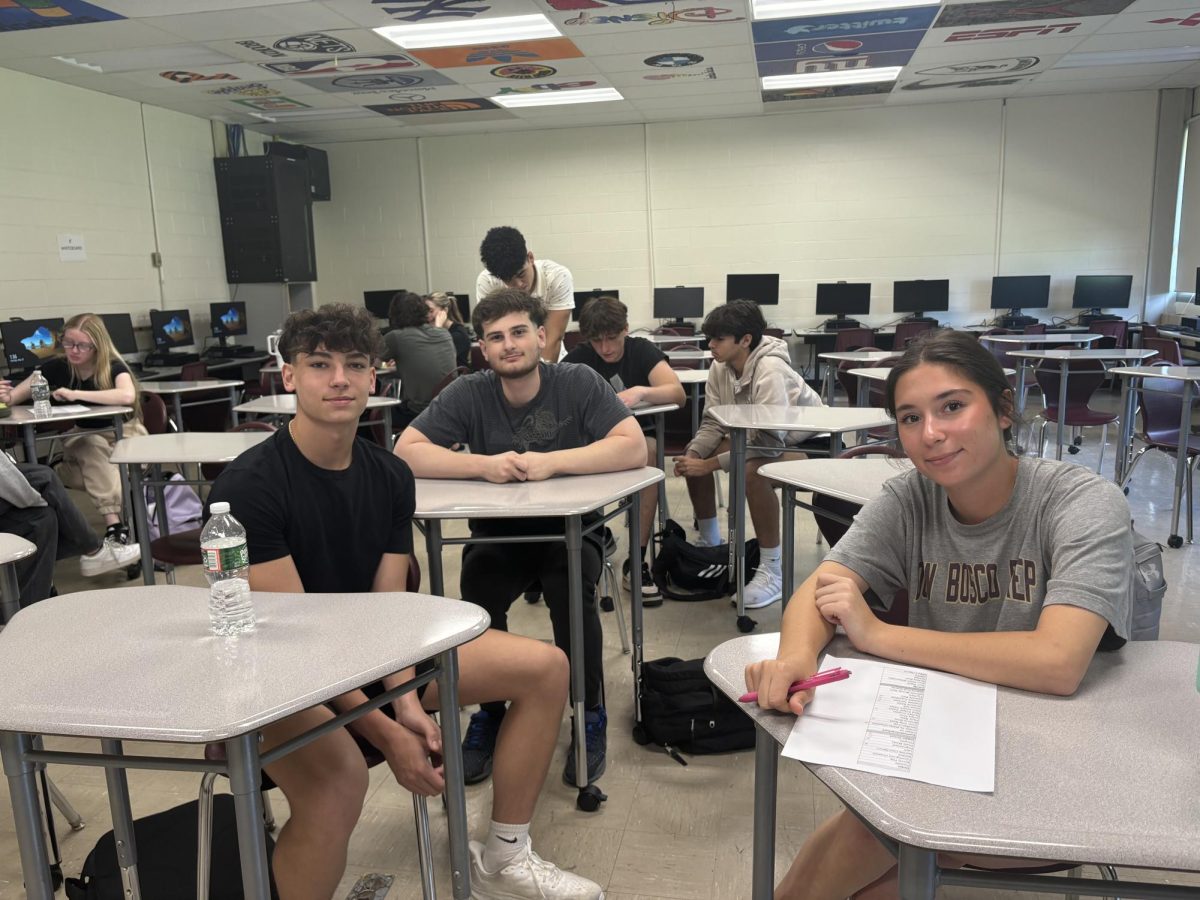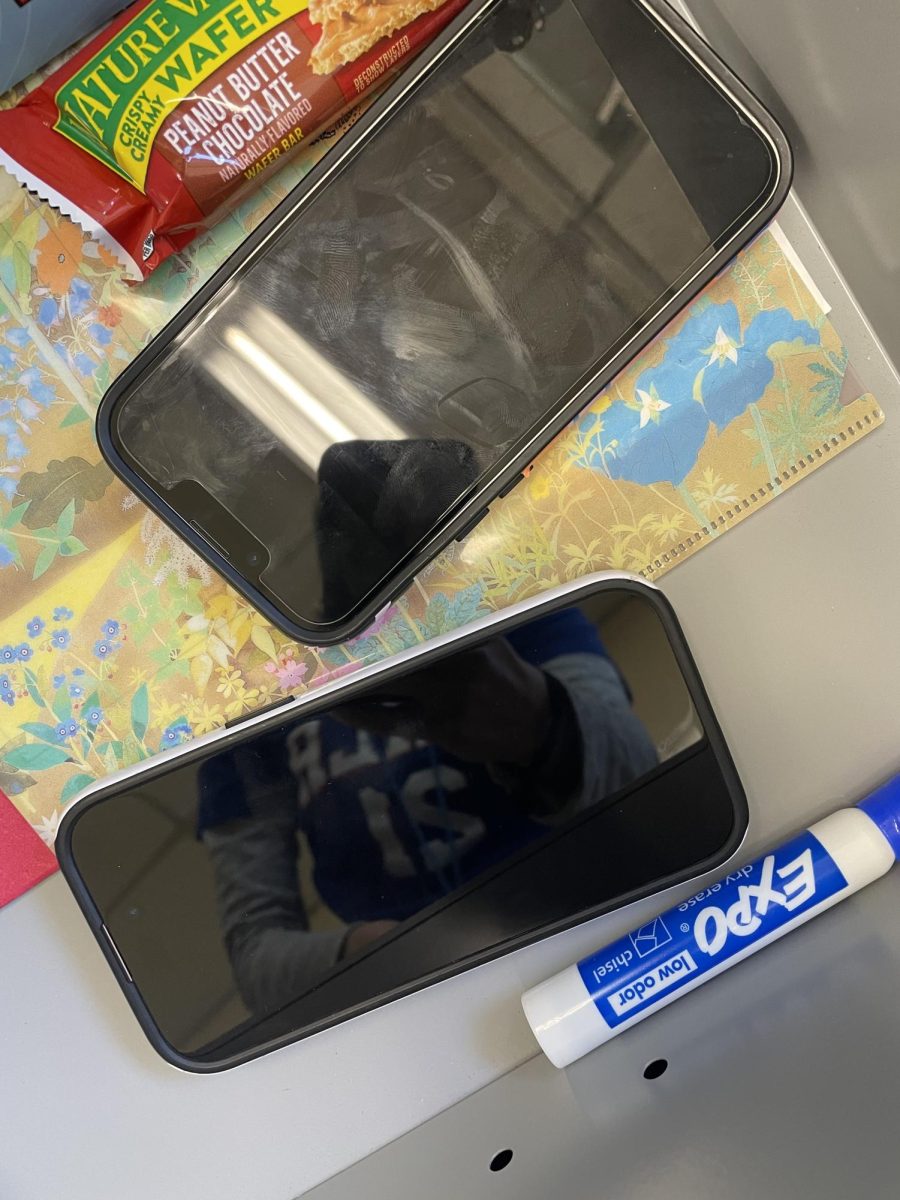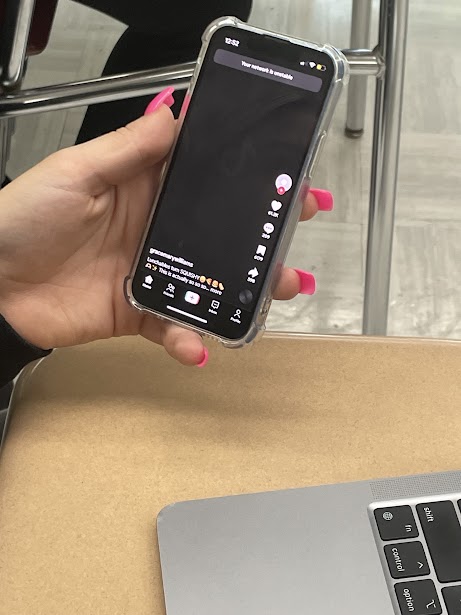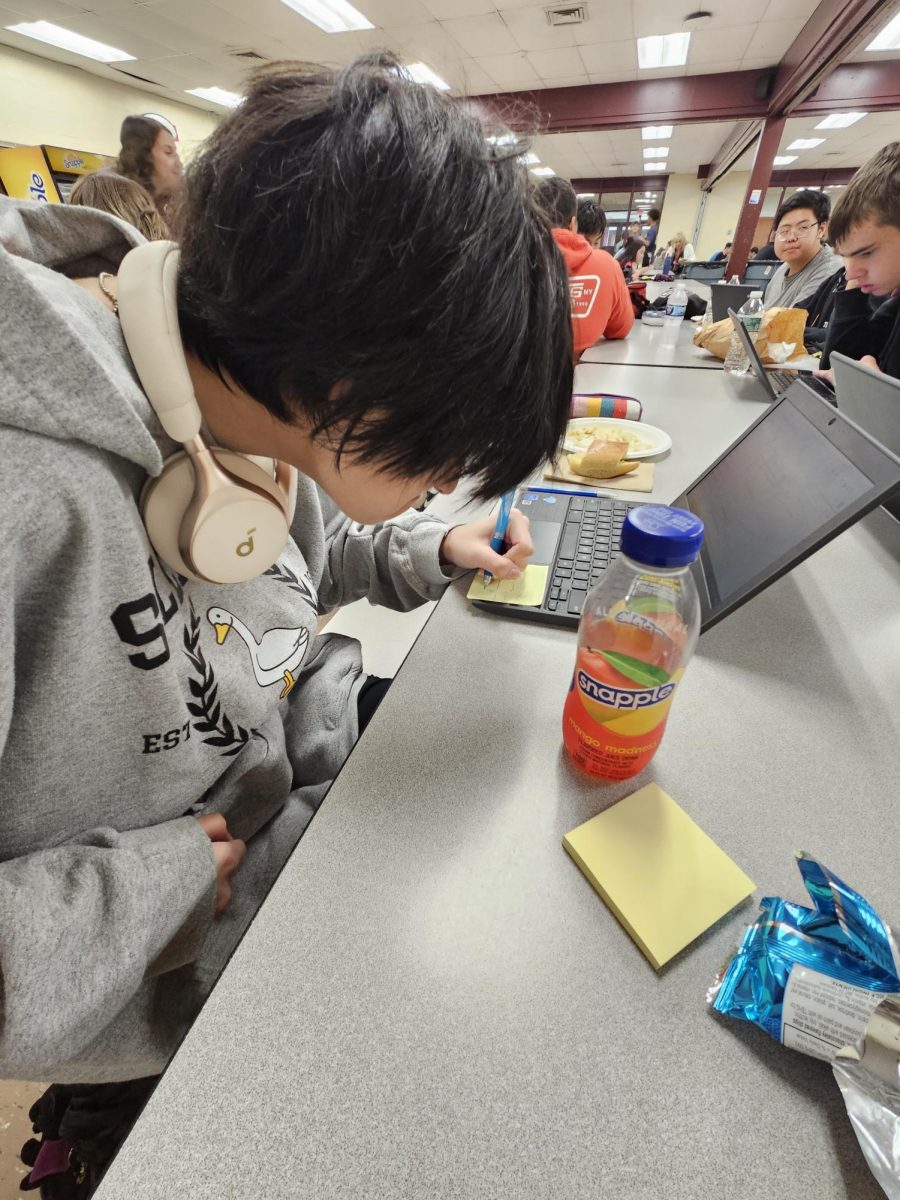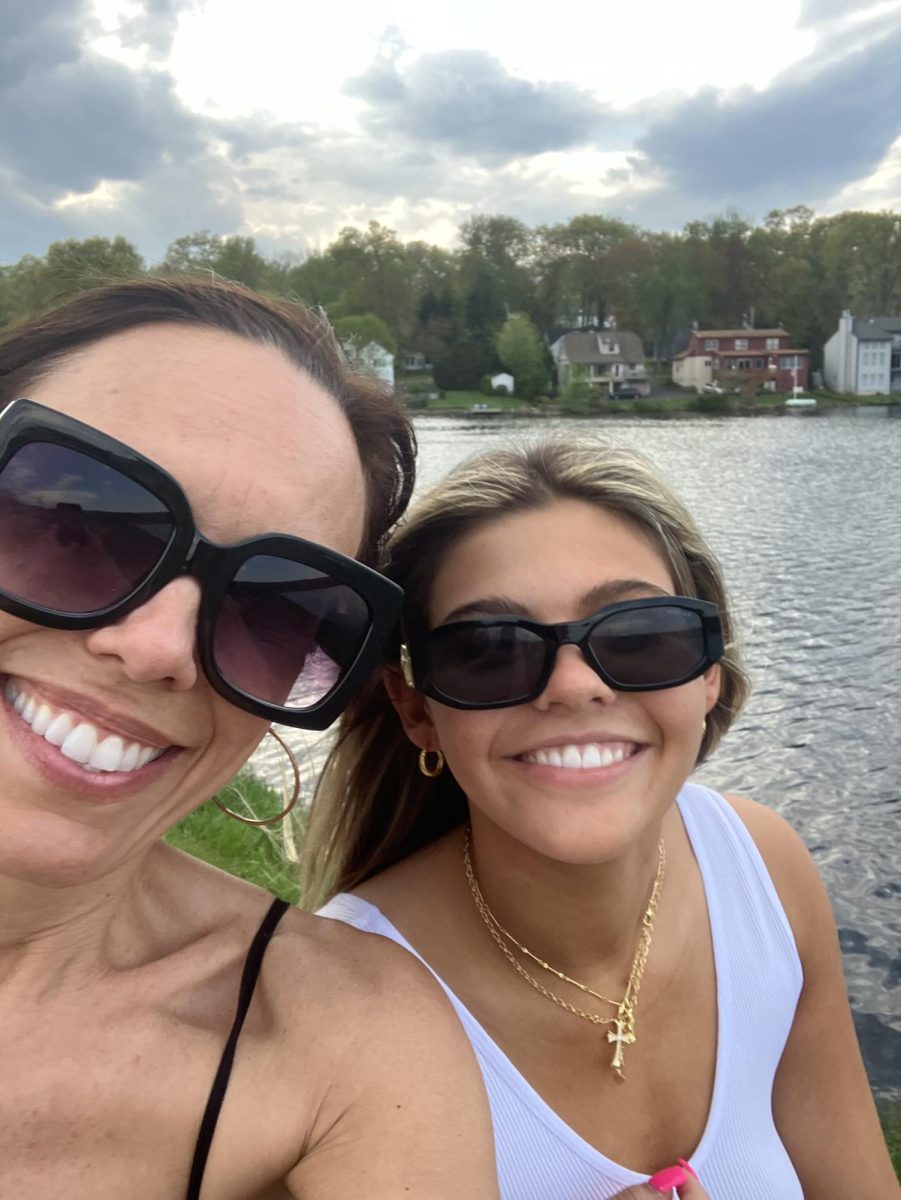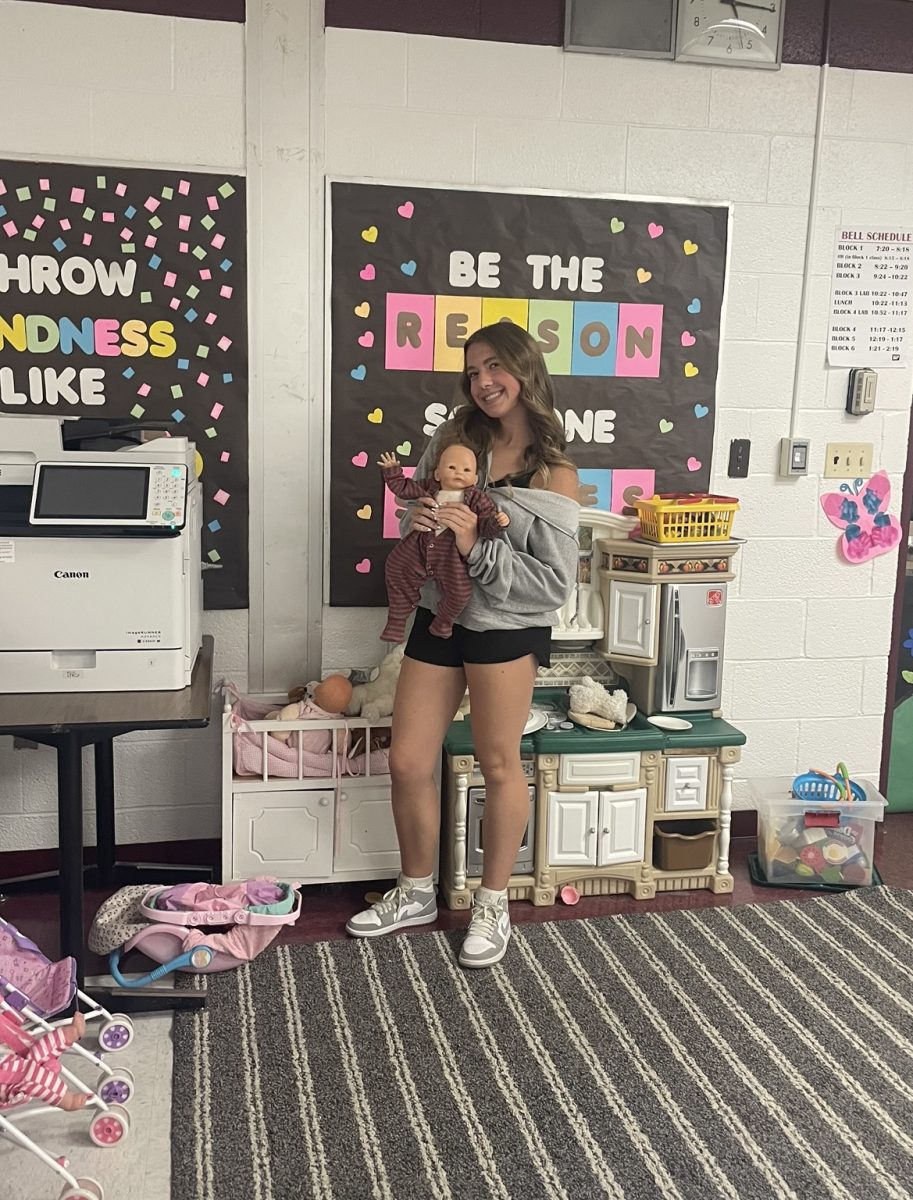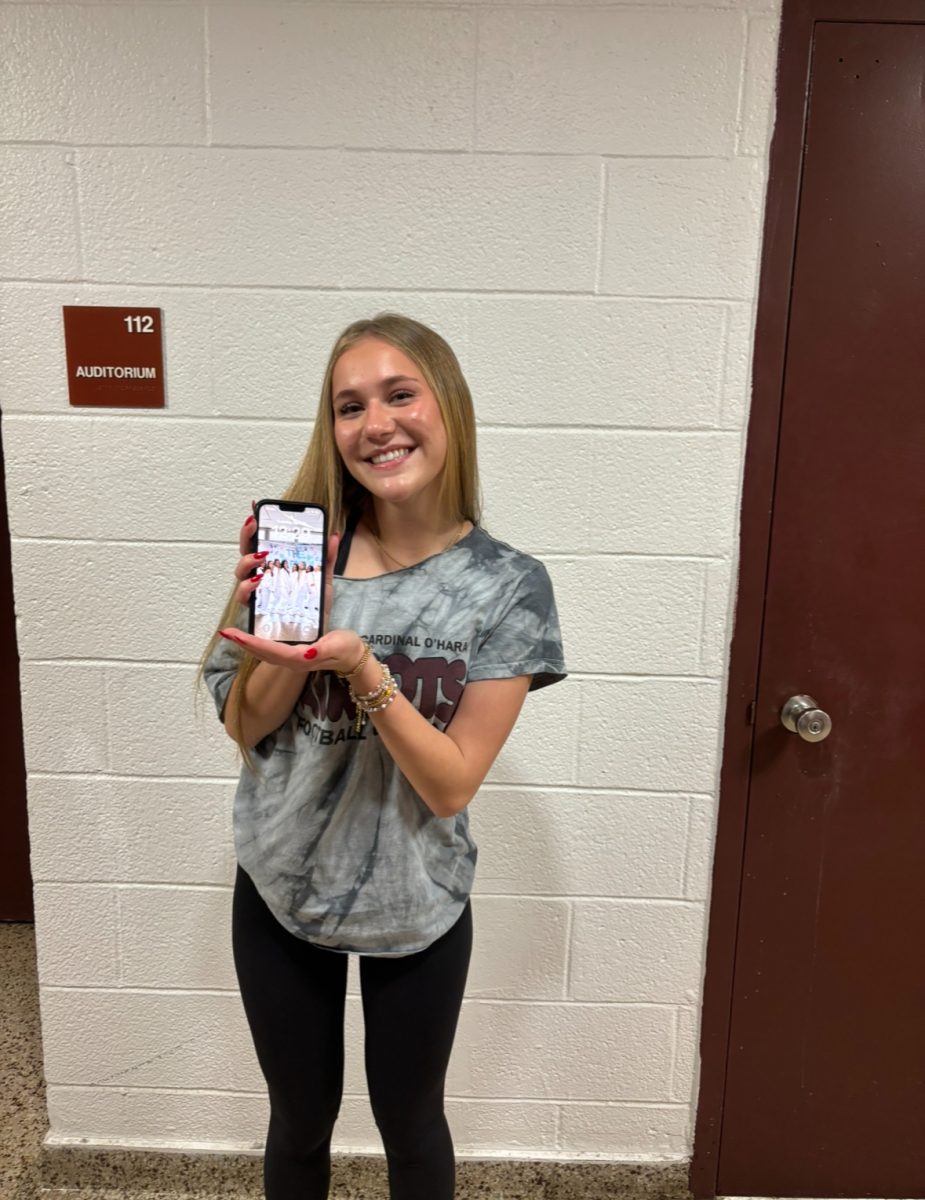The Sarah Everard Case- What that Means for Women’s Rights
March 31, 2021
A regular walk home was a typical route that Sarah Everard took. But the night of March 3rd was anything but normal. That night marked the night of Everard’s death and sparked a conversation about women’s safety all around the world.
Sarah had just finished having dinner at her friend’s house in Clapham, London, as she started to walk a 50-minute route home. As she walked home, she had spoken to her boyfriend for 15 minutes, hung up the phone at around 9:27 pm, and that was the last time she had spoken to him or anybody that had known her. Nothing was out of the ordinary for the rest of the night to Sarah’s peers, but when she had missed a meeting the next morning, the 4th of March, and missed her boyfriend’s calls, it was evident that something was wrong.
Sarah’s parents soon came from New York to help search for her. Police and authorities knocked on the doors of multiple homes and looked for evidence surrounding Sarah’s disappearance, wondering if it was related to other women’s harassment issues. Lakes, ponds, and rivers were also searched, in case her body was in either of the bodies of water.
A statement from Detective Chief Inspector, Katherine Goodwin, told the public on March 8th that Sarah had still not been found and that her case was a “missing person’s case.” Around this time, police had also given a warning to the general public, especially women, to be cautious of walking home at night.
On March 10th, Sarah’s remains were found in a builder’s bag in Ashford, Kent, almost 50 miles away from the town she had disappeared from, Clapham. Sarah’s parents released a statement announcing her death and asked the public to help in the investigation of who could have murdered Sarah. They remembered her as “bright and beautiful, [and] a wonderful daughter and sister.”
On March 12th, the name of the murderer that killed Sarah Everard was released. Wayne Couzens, a police officer who is supposed to protect victims like Sarah, was arrested for the murder. He was known as a “uniformed patrol duties of diplomatic premises,” meaning he was an active officer with important duties, and he was also a father to two children. Couzens’ wife was also arrested for suspicion of assisting the actions against Everard, but was released on bail a few weeks later and will go to court in April.
The death of an innocent woman just trying to walk home on her regular route, especially by a police officer whose job is to keep citizens safe, sparked conversation amongst the women in London and all around the world. A surge of safety apps has since been downloaded after the confirmation of Sarah’s death. A study conducted in January of 2021 confirmed that within 1,000 women, 97% had been sexually assaulted, which was again brought up after Sarah’s death.
Police officer Wayne Couzens, being the murderer of Everard, also encouraged a new conversation of police violence and how the system that is supposed to protect citizens can be easily taken advantage of, and used for a personal vendetta.
Although this information is shocking to most, it is not the first time a police officer had been convicted of killing or harming women. In England and Wales since the 1970s, at least 194 women have been killed by police or in police custody, according to the U.K-based feminist group Sisters Uncut.
In the United States of America, the Violence Against Women Act, made in 1944, expired at the end of 2018 after Congress failed to act due to issues regarding transgender rights and gun laws. President Joe Biden has led the Democrats to pass the act, but it has yet to be passed in the Republican-controlled Senate.
“This should not be a Democratic or Republican issue — it’s about standing up against the abuse of power and preventing violence,” President Biden said in mid-March of 2021.
In our own school, Co-President of the Empowerment Club, Hanna Hajdu has made a comment on the issue of women’s safety.
“I truly wish I could advise young women about how to stay safe in today’s world, but any statement as such would be provided with false hope,” Hanna said. “Sarah Everard did everything she could (and everything women are taught) as a safety precaution, only trusting the man that was supposed to protect her, and this is what happened. Yes, sexual assault is a sensitive topic, but our society cannot blame women for the dangers we face anymore.”



